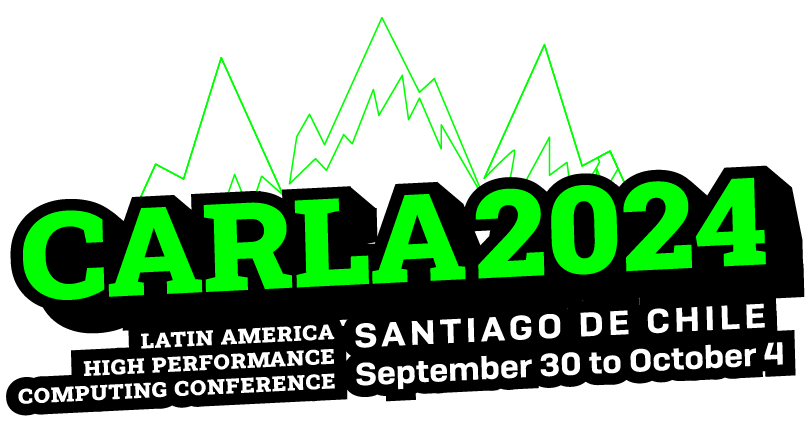
Otoniel Denis Alpizar
Affiliation: Departamento de Física. Facultad de Ciencias. Universidad de Chile
Country: Chile
Title: Computational Chemistry as a Critical Tool for Studying Molecular Processes in Extreme Conditions
Abstract
Experiments to study molecular processes under extreme conditions, such as the very low densities of interstellar molecular clouds and the enormous temperatures around spacecraft during atmospheric re-entry, are often complex and expensive. Therefore, theoretical and computational studies have become essential for understanding the chemical processes in such environments. The study of molecular interactions is crucial for determining reactive rate coefficients, which are used as input in aerothermodynamic models and astrochemical networks. Inelastic rate coefficients are essential for non-LTE models used to analyze interstellar observations. Reactive and inelastic collisions can be studied using a general methodology based on three steps. First, a set of ab initio energies is calculated for many geometric configurations of the system under study. Second, the calculated energy lattice is fitted to an analytical potential energy surface (PES). Developing an analytical function for reactive systems is more complicated than for van der Waals complexes because it involves multiple channels and requires a large ab initio energy grid. Third, the calculated PES is incorporated into a dynamics code that computes a large set of state-to-state reaction probabilities (for reactive systems) or inelastic cross-sections (for non-reactive systems). Finally, the rates are determined from these data. This talk examines this methodology with several examples of interest in astrochemistry and hypersonic regimes from recent studies.
Bio
Dr. Otoniel Denis Alpizar received his Ph.D. in 2014 from the University of Bordeaux, France, under the supervision of Thierry Stoecklin and Philippe Halvick. His research focused on quantum molecular collision studies for processes of astrophysical interest. After obtaining his Ph.D., he extended his stay at the same university for another year. In his next postdoctoral position, he joined the research group of Markus Meuwly at the University of Basel, Switzerland. He is currently an Assistant Professor in the Department of Physics at the Faculty of Science, Universidad de Chile. Dr. Denis Alpizar’s main research interests include molecular processes relevant to astrochemistry and atmospheric re-entry. His work includes the development of potential energy surfaces using ab initio methods, as well as quantum and quasiclassical studies of the dynamics of inelastic and reactive molecular collisions. He has published about 55 peer-reviewed papers in these fields and received national (Fondecyt, ALMA funding) and international (AFOSR, ECOS funding) grants. In addition, Dr. Denis Alpizar is the scientific director of the BASECOL database.
More information: https://orcid.org/0000-0002-0686-6927
